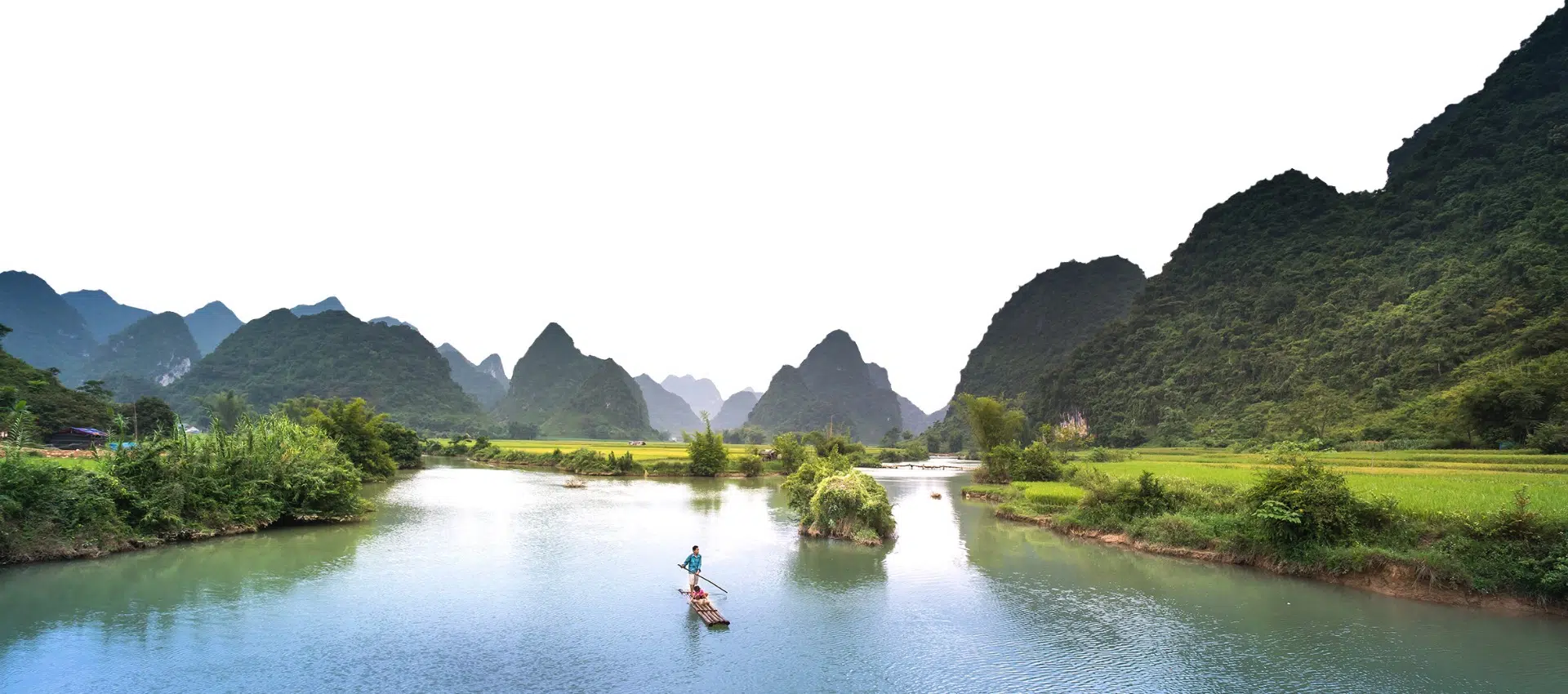PROJECT #44: CARBON OFFSETS
A Solution to Address Waste
2023 | Minnesota, USA | Fond Du Lac Forest Carbon Project
50 tCO2e
emissions addressed
$1,850
voluntary carbon offset cost
ACT Commodities
a CDP Gold-Accredited and leading global provider of market-based sustainability solutions
SUPPORTING THE FOND DU LAC FOREST CARBON PROJECTS
As part of Rivers are Life’s commitment to voluntarily offset annual travel emissions, the initiative is proud to announce its support for the Fond Du Lac Forest Carbon Project. After calculating all carbon emitted during travel required for events, meetings, and film production in 2023, ACT Commodities issued 50 tC02e on behalf of Rivers are Life on June 17, 2024.
Rivers are Life first committed to offset travel emissions in 2023, as part of assessing its first year of impact. Carbon pollution, namely in the form of C02, has wide-ranging effects on the environment, including the waterways Rivers are Life is dedicated to serving. Increased C02 levels can lead to higher global temperatures, which, among many other problems, can cause altered precipitation patterns, abnormal river flows, and ecosystem disruption.
While carbon offsets are not a full-scale solution to the problems caused by greenhouse gases, when used responsibly and in conjunction with other behavioral changes, carbon offsets can play an important role in achieving a sustainable future.
Fond Du Lac-led Forestry
The Fond Du Lac Forest Carbon Project was developed to protect native lands and natural resources while empowering Fond Du Lac indigenous people to sustainably manage the area.
Comprised of 8,325 acres of upland forests in Minnesota, the project will leverage improved forest management to achieve sustainable, natural forest growth, ensuring the long-term sustainable management of the forest ecosystem, which could otherwise undergo significant commercial timber harvesting.
Additionally, the forest management activity will increase carbon stocking by creating healthy, resilient, multi-aged strands of important tree species such as paper birch, white cedar, and sugar maple, and will both increase and maintain the diverse wildlife habitat within the project area.
Interested in learning more? Read our article about the impact of carbon removal.
PROJECT GALLERY

